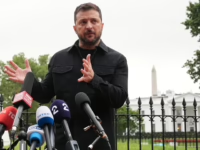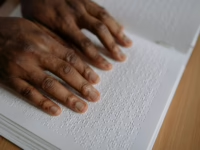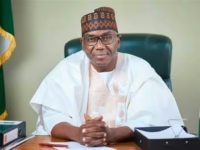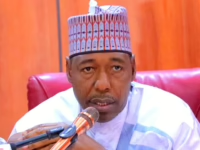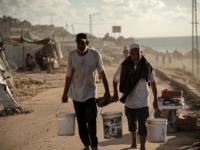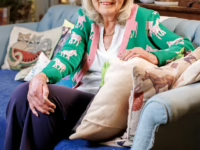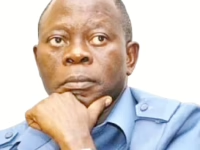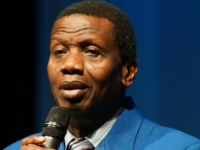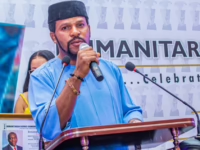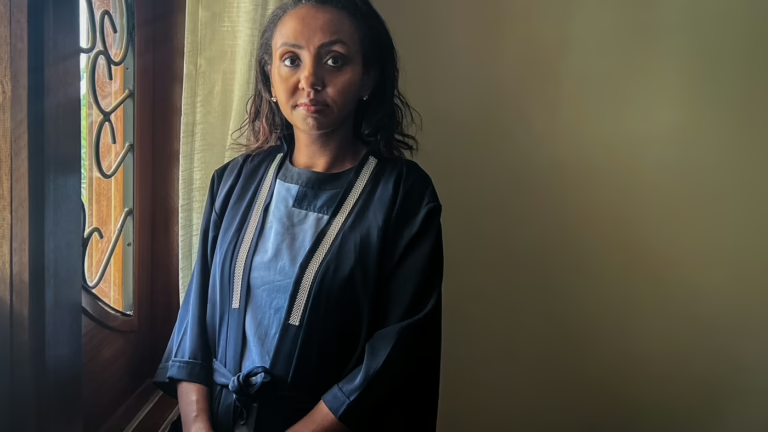Dr. Tsion Firew pictured at her Kigali residence on October 3. A year prior, Rwanda declared its inaugural Marburg virus outbreak – a lethal illness akin to Ebola. Firew, who leads emergency medicine at Africa Health Sciences University, faced fears for her family’s safety, sending her children away and updating her life insurance, all while playing a crucial role in containing the epidemic.
Ben de la Cruz/NPR
hide caption
toggle caption
Ben de la Cruz/NPR
After concluding a first aid workshop, Tsion Firew glanced at her phone and was immediately unsettled by a message about a young nurse she had recently collaborated with in the emergency unit at King Faisal Hospital in Kigali, Rwanda. Firew, who chairs emergency medicine at Africa Health Sciences University, describes the nurse as vibrant, intelligent, and full of life.
The brief text read simply: “Pray for her.”
Adjusting her plans, Firew hurried to the ICU. Peering past the privacy screen, she found the nurse barely conscious, her eyes half-closed and unresponsive to familiar faces.
“It was terrifying because we didn’t yet understand what we were confronting,” Firew recalls.
It soon became evident that this was no ordinary illness.
On September 27, 2024, Rwanda confirmed its first-ever outbreak of the Marburg virus – a deadly pathogen closely related to Ebola. For Firew, this announcement marked the start of an intense and personal battle. She sent her toddler and infant to live with relatives abroad, faced family concerns urging her to quit her emergency medicine role, and endured hallucinations brought on by extreme fatigue.
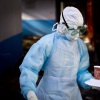
Today, the origins and trajectory of Rwanda’s Marburg outbreak are clearer. The virus likely entered the population through a 27-year-old miner infected by bats in a remote mining shaft. The outbreak concluded on December 20, 2024, and has since been recognized globally as a benchmark for effective epidemic management.
Marburg is infamous for its staggering fatality rate, often killing up to 90% of those infected. Yet Rwanda recorded the lowest mortality rate ever documented in such an outbreak: just 23%. Out of 66 confirmed cases, only 15 succumbed to the disease. Notably, over 75% of those infected were healthcare professionals, many of whom were close friends and colleagues of Firew.
Firew explains that the ordeal taught her to mentally compartmentalize the trauma, allowing her to continue her dual roles as a doctor and mother. However, on this anniversary, she permits herself to revisit those early, harrowing days and contemplates the global relevance of the lessons learned.
“Facing Reality”
After seeing her colleague’s dire condition, Firew stepped into a quiet hallway and was overwhelmed with emotion, breaking down in tears. A fellow doctor noticed and offered comfort with a hug.
That night, after putting her children to bed, Firew and her family prayed for the nurse’s recovery. But soon, another message arrived: the colleague who had consoled her had developed a fever and was isolated.
Tragically, the young nurse passed away, leaving behind a partner and a toddler.
“That’s when it hit me – this was real,” Firew says.
Her mind raced with the knowledge that Marburg was highly contagious, transmitted through bodily fluids including sweat, and lacked any approved treatment. She replayed the ICU hug, fearing she might have been exposed.
“It was an incredibly frightening moment,” she recalls.
While strategizing how to manage the emergency department’s response, she grappled with a pressing personal dilemma: how to protect her young children.
“Telling a one-year-old and a three-year-old to keep their distance was impossible,” she admits.
Her husband was stranded in the United States due to Hurricane Helene, unable to return home from a brief visit to his parents in Atlanta.
With no other option, Firew arranged for her children to fly to Ethiopia, where her parents lived, accompanied by a trusted cousin and nanny.
Meanwhile, her phone buzzed constantly with updates about colleagues falling ill. “They would isolate, test positive, and many died within days,” she says.
“A Mother’s Heartache”
Firew chose not to disclose the outbreak’s severity to her parents, instead telling them the children were on a holiday. But shortly after their arrival, her parents called with alarming news: her three-year-old had developed a fever.
“I panicked,” she confesses.
Worried she might have infected her son, she heard his plaintive voice over the phone: “Mommy, I need you now. Where are you? Why aren’t you with me?”
For a fleeting moment, she booked a flight to Ethiopia, only to cancel it later.
Her parents took the boy to the hospital, while Firew underwent testing at her own hospital, where Marburg diagnostics had been swiftly established.
Testing negative and symptom-free, she returned to work, donning protective gear that was often ill-fitting for women. She cared for Marburg patients, including the colleague who had embraced her in the hallway.
“He was close to death,” she recalls. “The disease’s progression was shocking – bleeding from the mouth and other orifices, like gums and nose. I called it the kiss of death.”
“Battling Fear and Fatigue”
Nightly fears haunted Firew, prompting her to call a friend who had survived Ebola. She confided, “I can’t think straight. My colleagues are dying daily. Am I next?”
Her friend advised practical steps, leading Firew to increase her life insurance, contemplating what her family would need if she didn’t survive.
After five sleepless nights alone in her empty home, exhaustion triggered hallucinations. “I heard voices – my colleagues calling my name, hospital machines beeping,” she says. “It was a nightmare beyond words.”
Despite pleas from relatives urging her to quit for her family’s sake, she returned to the hospital the next day, managing a busy clinic and numerous patients.
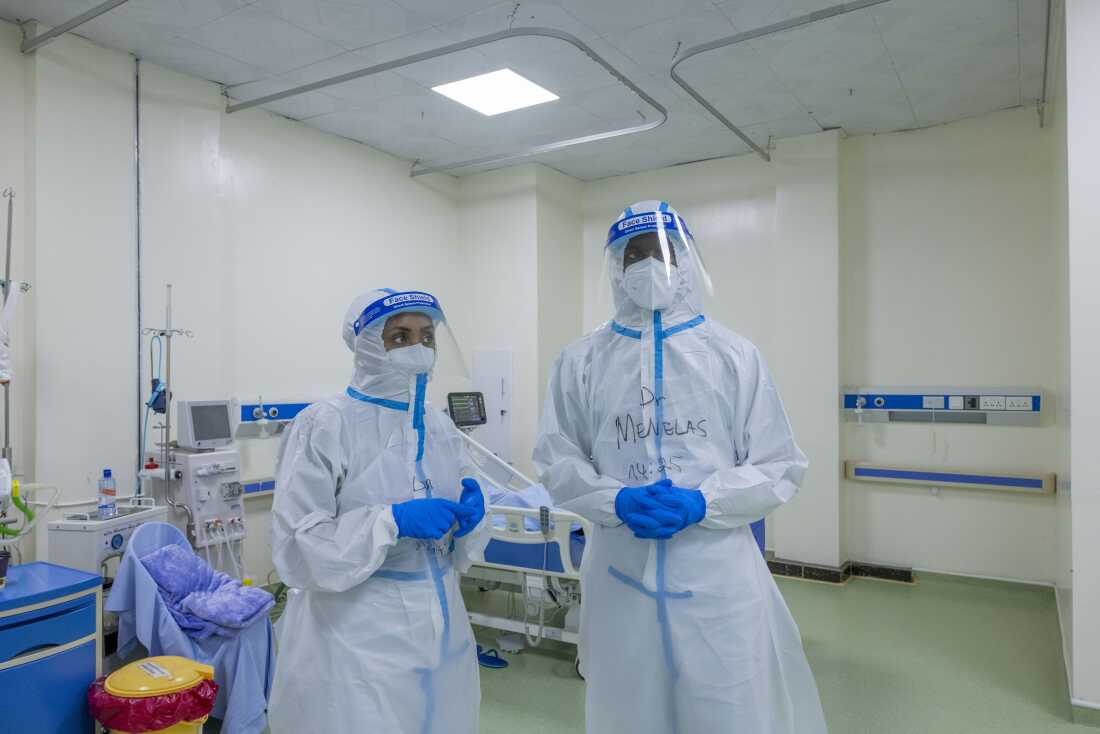
Dr. Tsion Firew pictured with colleague Dr. Nkeshiman Menelas at a Marburg treatment facility in Kigali, Rwanda.
Andre Rugemanshuro
hide caption
toggle caption
Andre Rugemanshuro
“No Room for Doubt”
Firew was resolute. Her negative test and her son’s diagnosis of tonsillitis reassured her. She was determined to continue her vital work.
Her confidence was bolstered by Rwanda’s swift and coordinated response, which contrasted sharply with her experience during the COVID-19 pandemic in New York City, where she often felt government and medical efforts were misaligned.
Rwanda rapidly established testing and isolation units, launched a clinical trial for a Marburg vaccine within ten days of the outbreak declaration, and ensured ample supplies of protective equipment.
“There were no Marburg skeptics here, unlike the COVID deniers I encountered before,” she reflects.
Firew proposed an innovative approach: administering remdesivir, an antiviral drug she had used during COVID, as a preventive treatment to those exposed to Marburg before symptoms appeared. Though experimental, this strategy aimed to reduce infection severity or prevent disease onset.
“The plan was approved on a Tuesday and implemented by Wednesday, treating over 150 healthcare workers with high-risk exposure,” she says. Research on its effectiveness continues.
Her colleague from the ICU, once near death, received the world’s first monoclonal antibody infusion for Marburg, a treatment designed to neutralize the virus. This experimental therapy, coordinated by the World Health Organization and partners, was also administered to others.
“Being part of this extraordinary response has been a profound privilege,” Firew says. Though initial fear lingered, it has since been replaced by pride in their collective efforts and gratitude for the support from family and colleagues.
As she watches global debates challenging scientific consensus and public health measures, Firew hopes Rwanda’s success story will inspire confidence in science’s power.
“Public health discussions can be disheartening, but I remind myself that our work was meaningful and impactful,” she affirms.
She often wonders if more lives could have been saved but finds solace in a poignant moment six weeks after the outbreak began, when her family reunited in Rwanda.
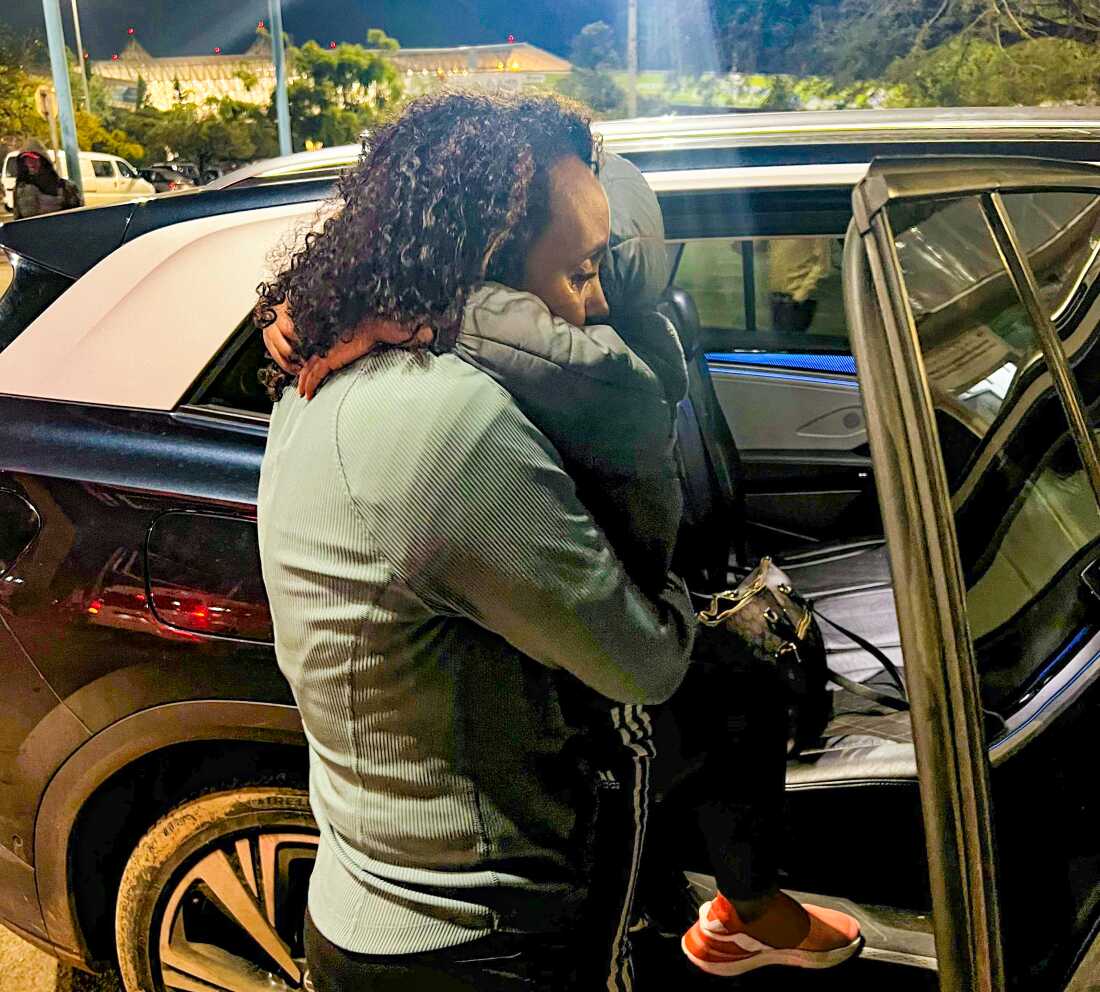
Tsion Firew embraces her family at Kigali airport after a six-week separation. She recalls holding her three-year-old son tightly from the arrivals area to the parking lot. “In times of crisis, we often ask, ‘Why me?’ but perhaps the more important question is, ‘What now?'”
Family photo.
hide caption
toggle caption
Family photo.
“My son ran across the airport when he spotted me, and we shared a long embrace – he didn’t want to let go,” she says, tears welling up. “It was an emotion unlike any I’ve ever experienced.”





